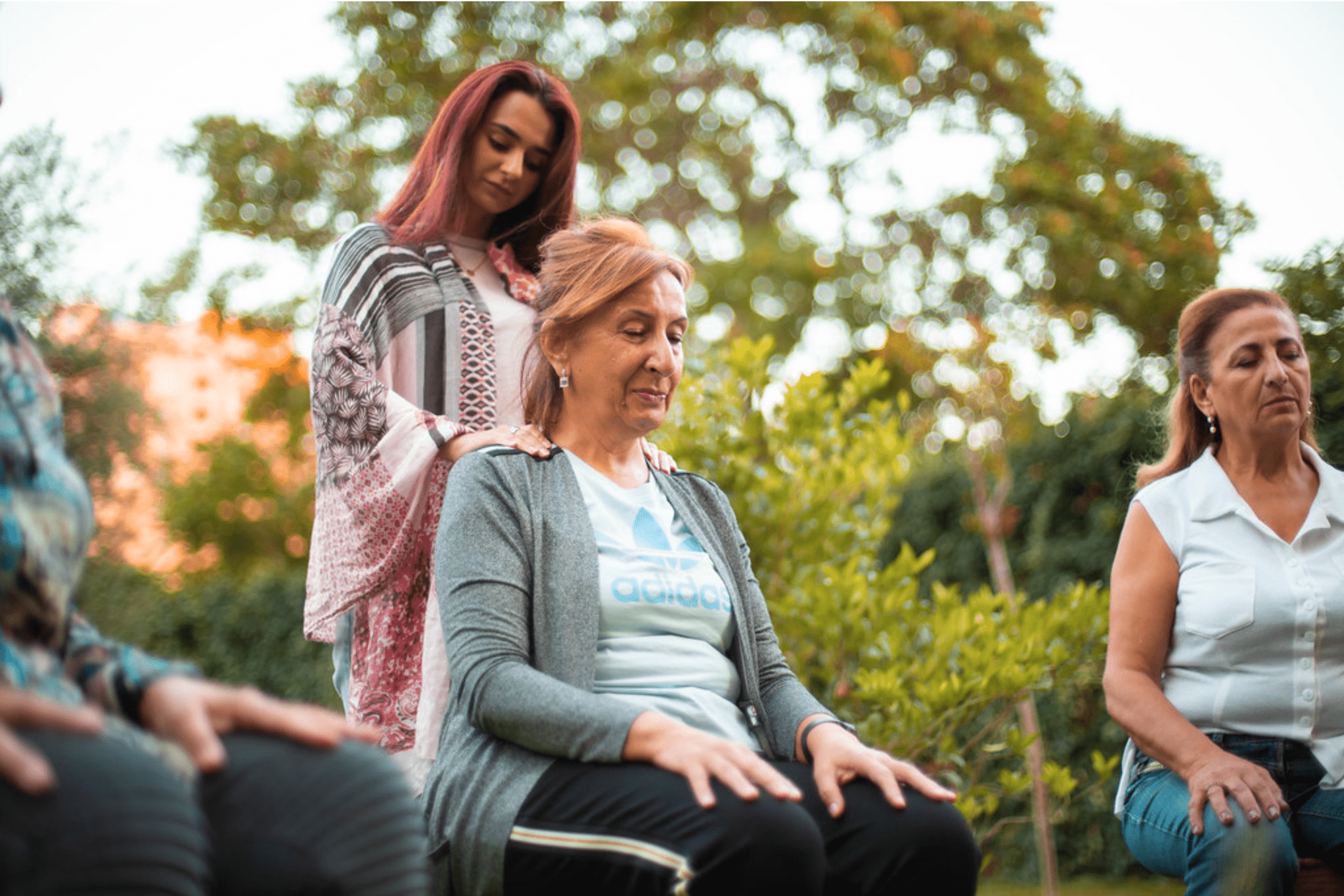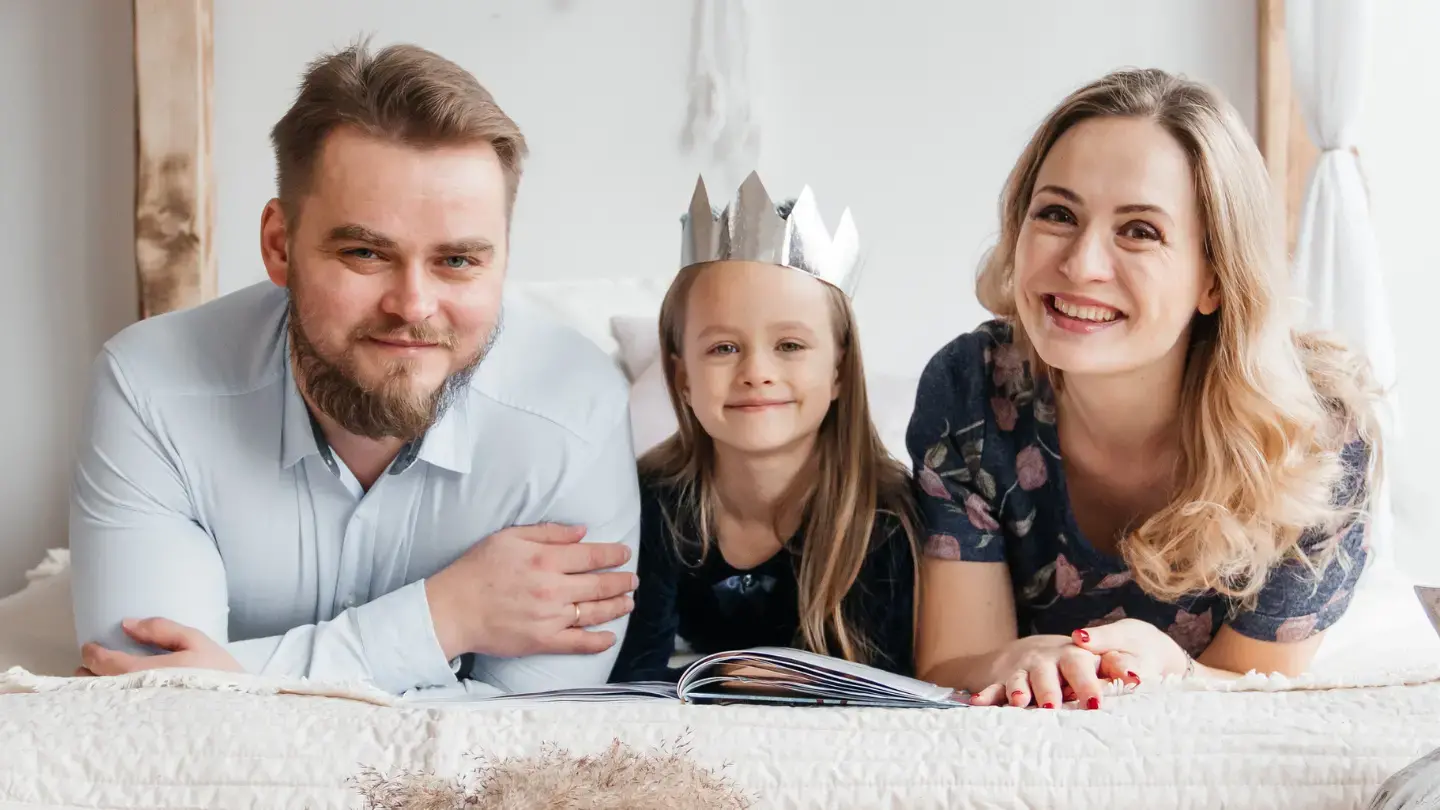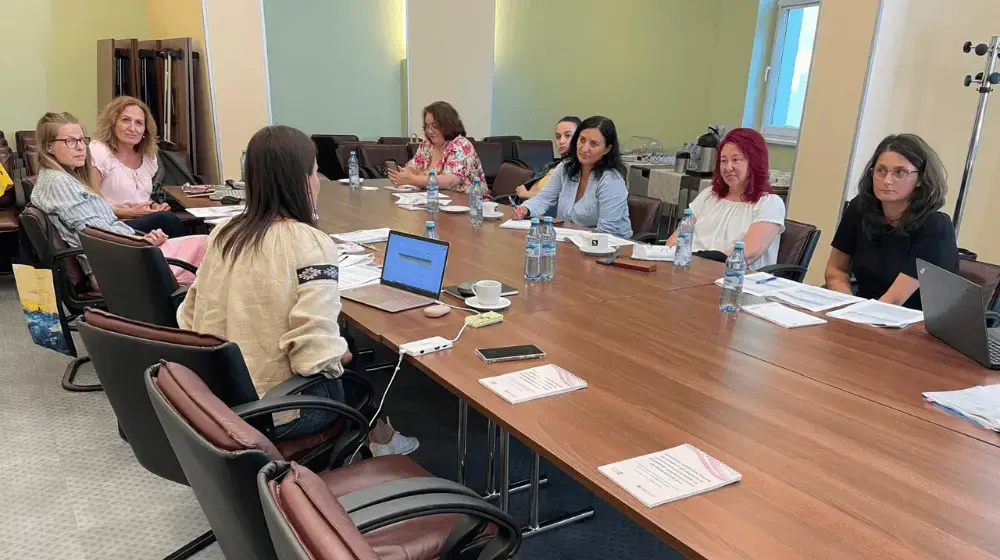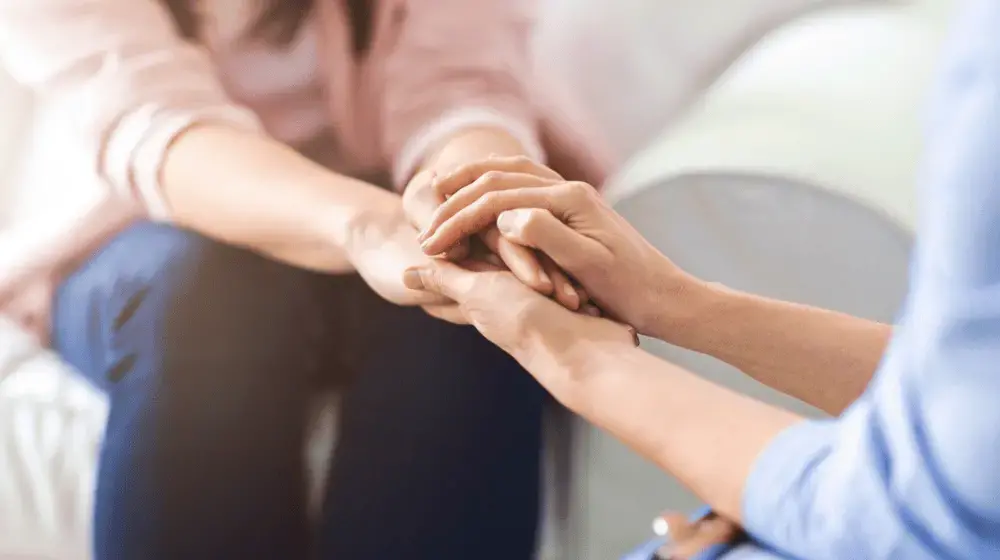Some physical scars of abuse may heal over time, but the mental scars can be longer-lasting, difficult to spot. Elder abuse can be fatal. Abuse causes mental health to suffer, impacts on families and friends, and some older people experience catastrophic financial losses. Elder abuse can also be structural, embedded in ageist practices.
The COVID-19 pandemic highlighted the rights and health of older people. The pandemic starkly illustrated how vulnerable many older people are. Not only to the disease but also to poverty, abuse, social isolation, discrimination, and other situations that can take a dramatic toll on their physical and mental health.
Elder abuse is defined as “a single, or repeated act, or lack of appropriate action, occurring within any relationship where there is an expectation of trust which causes harm or distress to an older person”. The World Health Organization states that the incidence of abuse towards older people is predicted to increase as many countries experience rapidly ageing populations. It is an issue that affects the health and human rights of millions of people. Here are five ways you can help prevent the abuse of older people.
1. Understand the challenges older people face
As people are getting older, they are more likely to experience impairment in physical and mental capacities. They are also more likely to lose family and close friends. This combination makes older people especially vulnerable to abuse. Whether it be physical, mental, sexual, or financial abuse, older people might not always be able to recognize it or report it when it happens. Abuse can also be structural and societal. We need to understand the unique challenges of older people before we can help them tackle abuse.
2. Look for the signs, report abuse
Some signs of abuse can be subtle, others are more obvious. Abused older people might withdraw from others, take less care of how they look, have trouble sleeping, or appear to lose weight. While physical bruises, scars, and cuts may signify physical abuse, if a normally sociable person suddenly becomes quiet and withdrawn, this could be reason for concern. And, if you spot the signs, report them.
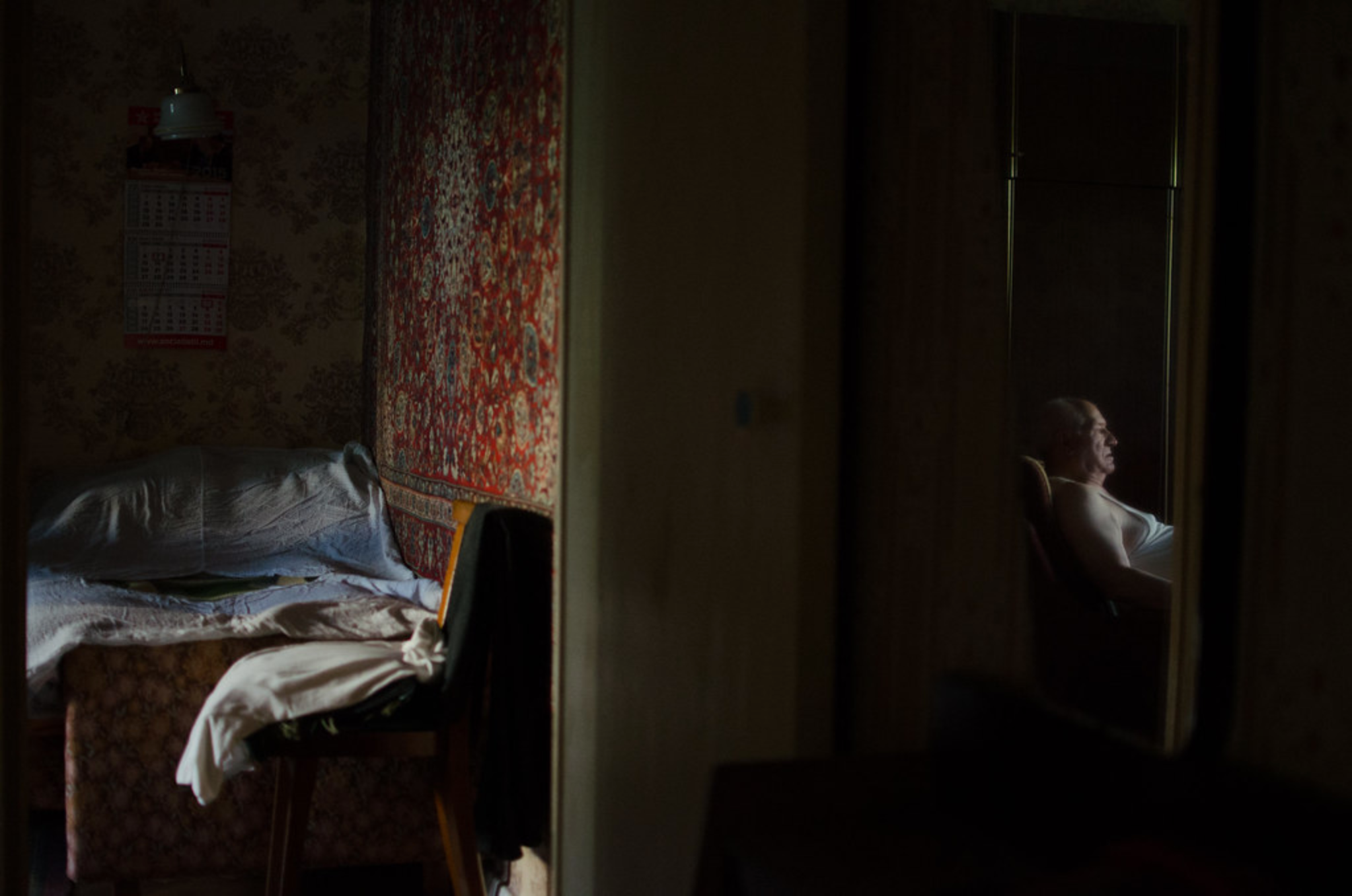
3. Check in on older people in your life
Maybe you haven’t seen your neighbour for a few days, the man you meet as he takes a walk in the park once a day, or perhaps someone isn’t answering the phone. Take time to check in on older people in your neighbourhood, see if they need anything and offer help. Maybe they just need someone to talk to or share a meal with. If you’re worried about someone in your neighbourhood, contact one of their relatives or a caregiver.
4. Caregiver training
In the near future, the world will need many more caregivers for older people in need of care. Have you considered training? How about devoting a few hours a week to volunteer at a nearby care home, join a local support network, or undertake formal training in caregiving. Giving back to society through care is one way you can help out your local community.
5. Combat stereotypes and bias against older people
Stereotypes and stigma against older people and ageist attitudes and misguided beliefs need tackling head-on. Ageism can influence society’s attitude towards older people. It can increase stigma against older people and have a damaging impact on how older people see themselves. As a result, these attitudes can have a negative impact on people as they grow older. If you hear ageist statements and stereotypes being used, call them out. If you’ve caught yourself using ageist language and actions yourself, put yourselves in an older person’s shoes and think about what effect your words and actions might be having.

